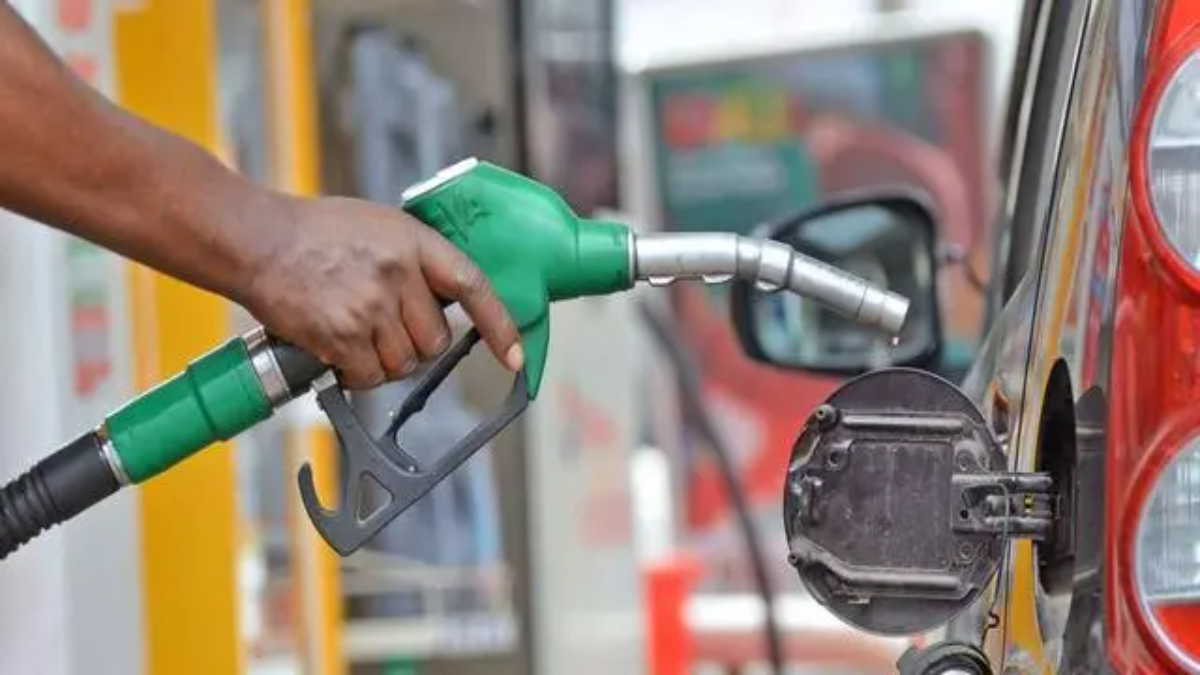Transitioning to CNG in Nigeria: A Paradigm Shift Toward Sustainability and a New Hope for Nigerians?

In recent years, Nigeria has witnessed a notable surge of interest in transitioning from conventional fuels to cleaner alternatives. Among these shifts, the migration from Premium Motor Spirit (PMS), commonly known as petrol, to Compressed Natural Gas (CNG) stands out. This transition has gained momentum, driven by a confluence of economic, environmental, and technological factors. As our nation grapples with energy security and environmental sustainability, the adoption of CNG emerges as a promising solution. In this article, we delve into the rationale behind this shift, explore key players, speak on some government initiatives and present insights from UIMSAites.
The Imperative for Change
The escalating cost of petrol has burdened Nigerian households and businesses alike. CNG is significantly cheaper than petrol, making it an attractive option for cost-conscious consumers. As fuel prices continue to rise, CNG offers immediate relief at the pump. CNG is also environmentally conservative, as combustion produces fewer greenhouse gas emissions compared to petrol. By choosing CNG, Nigerians contribute to cleaner air and a healthier ecosystem. CNG-powered vehicles also experience smoother acceleration and reduced engine wear and cleaner combustion leads to longer engine life.
Key Players and Government Innovations
NNPC and NIPCO Plc, both stalwarts in the oil and gas industry, spearhead CNG conversion services across Nigeria. Their extensive network of fuel stations facilitates seamless transitions for vehicle owners. Green Gas Nigeria, headquartered in Lagos, epitomizes innovation, as their high-quality CNG conversion kits and professional installation services have garnered acclaim.
The Federal Government’s commitment to CNG adoption is also commendable. The Presidential Compressed Natural Gas Initiative (P-CNGi) aims to convert 10 million PMS vehicles to CNG within 36 months. Over two million CNG conversion kits will also be distributed free of charge. As at May 29th, 2024 efforts have been finalized by the P-CNGi to provide incentives, subsidies, and installment payment options for CNG vehicles.
A few UIMSAites have something to say concerning this development:
Jay-Jay: “The cheaper fuel price is very alarming, I mean, as cheap as #200 per litre. Therefore, I guess it looks too good to be true. I feel it should be scrutinized, as we all know the situation of Nigeria now. Over-dependence and over-indulgence might lead to casualties. Just saying.”
G: “Fuel at a rate like that will definitely reduce the cost of everyday products, though I don’t still get how that works but during the dollar drop when prices of goods remained hiked they said it was because of the fuel prices. Let’s see how it plays out. Overall, it’s a very good initiative.”
M: This is the best news I’ve heard this year, and I’m hearing about it for the first time from you. I feel it should be worked upon abeg. Fuel don too cost. At least it would reduce the standard of living sufficiently.”
Oluwafunmike: “It’s a very good idea and a great substitute for the now ‘expensive’ petrol. But will Nigerians be receptive to change? The average Nigerian is ‘traditionally minded’. Their engine has to be converted, what if eventually, one day it stops working? When using gas for generators was introduced, different contradicting opinions flew around. I’m sure that many will initially reject or be unsure of the idea but eventually, they’ll accept because we’re in that phase where anything that will alleviate our poverty and struggle is wholesomely welcomed. I also hope the government is ready to face and endure all problems that come with the development, so that eventually, we won’t be stuck in the middle of nowhere.”
T: “I just pray the masses would be able to enjoy this development in full, because sometimes only the rich get to effectively utilise these alternatives, especially considering the fact that we’d have to convert our vehicles and engines first. The rich then get richer, and the poor get poorer.”
While progress is evident, challenges persist. Public awareness, infrastructure development, and regulatory clarity remain focal points. Our transition hinges on collaboration—between government agencies, private enterprises, and informed citizens. In fact, Nigeria first considered CNG in 2021, but there was no significant step taken to launch the program.
This migration from PMS to CNG represents a positive step toward sustainability, cost-effectiveness, and environmental stewardship. As Nigeria navigates this energy transition, let us embrace CNG not merely as a fuel but as a catalyst for change. Our collective actions today shape the Nigeria of tomorrow—a greener nation powered by innovation, affordability, and environmental consciousness.



